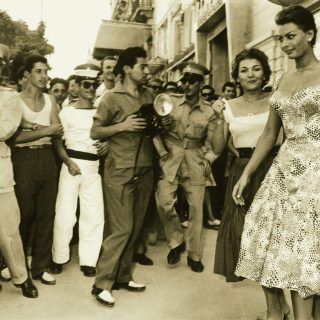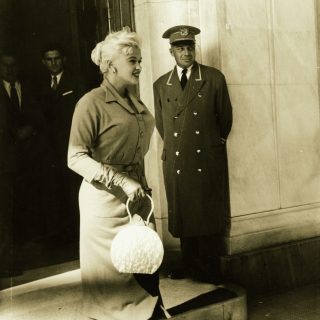Hotel Grande Bretagne’s history intricately interwoven with the tapestry of Athens’ own narrative
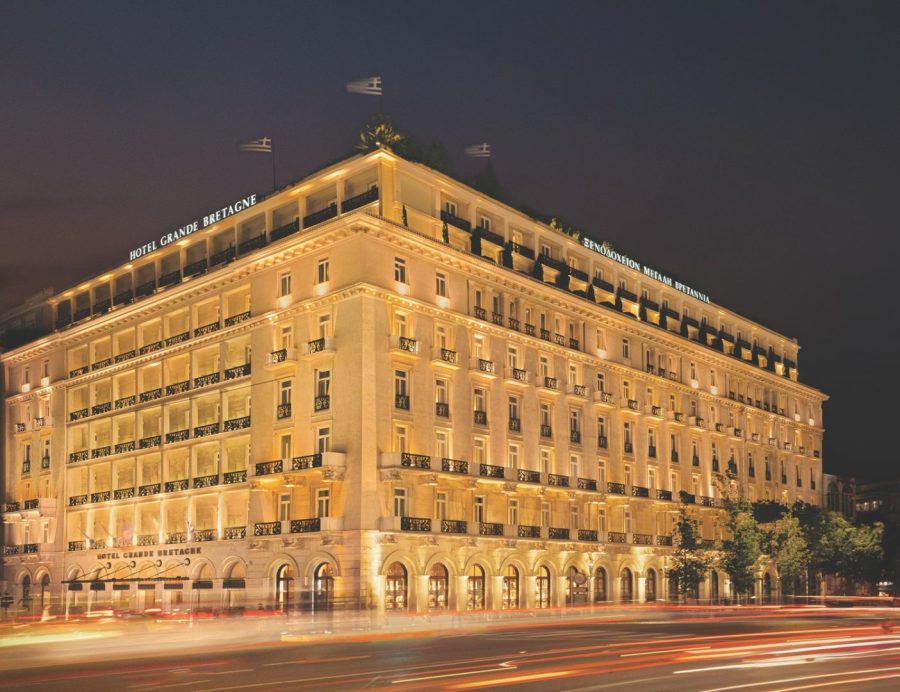
Athenians toast their Grande Dame as the Hotel Grande Bretagne commemorates a momentous historical milestone on April 9 with the premiere screening of the “150 Years Hotel Grande Bretagne: Hosting History” documentary. A cinematic masterpiece, the film pays homage to the the Hotel Grande Bretagne’s illustrious 150-year old odyssey, weaving together a rich tapestry of narratives and insights while drawing parallels with Greece’s own history as a nation.
 A gathering of Athens’ finest came to fete the Hotel Grande Bretagne on its landmark birthday and watch the premiere of an insightful documentary on the iconic hotel and the role it played in shaping Greece’s political destiny. Graced by the presence of dignitaries from across Greece’s political spectrum, diplomats, luminaries from the hospitality industry, the arts and the media, it was a testament to the hotel’s enduring allure as a cultural and social nexus. Following the screening, the Hotel Grande Bretagne played host to a gala affair, epitomizing the essence of grandeur synonymous with the hotel.
A gathering of Athens’ finest came to fete the Hotel Grande Bretagne on its landmark birthday and watch the premiere of an insightful documentary on the iconic hotel and the role it played in shaping Greece’s political destiny. Graced by the presence of dignitaries from across Greece’s political spectrum, diplomats, luminaries from the hospitality industry, the arts and the media, it was a testament to the hotel’s enduring allure as a cultural and social nexus. Following the screening, the Hotel Grande Bretagne played host to a gala affair, epitomizing the essence of grandeur synonymous with the hotel.
The “150 Years Grande Bretagne: Hosting History” documentary marked a poignant tribute to the illustrious journey of the Hotel Grande Bretagne. Directed by Thodoris Papadoulakis and produced by Indigo View, narrated by Greek journalist Pavlos Tsimas and underscored by Minos Matsas’ evocative compositions, the documentary serves as a poignant reflection on the timeless interplay between the Hotel Grande Bretagne and the evolving urban tapestry of Athens.
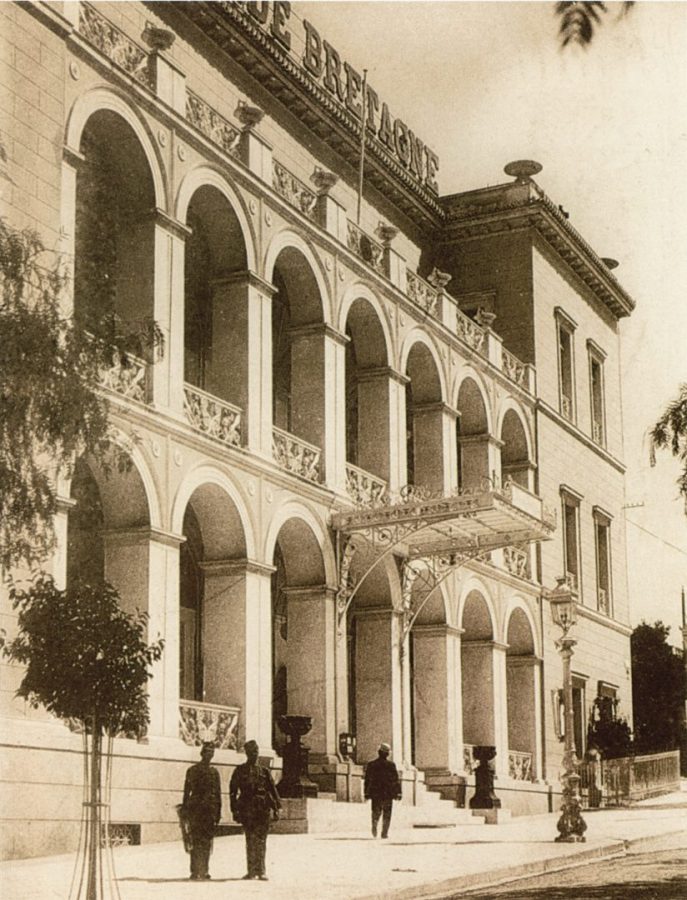 Interviews with esteemed personalities, including Dr. Angelos F. Vlachos, Apostolos Doxiadis, and Queen Anne-Marie of Greece, lend depth and perspective to the narrative, enriching the viewer’s understanding of the hotel’s legacy. The screening took place at Pallas Theater in Athens, on Tuesday 9 April, the day of the Hotel’s actual birthday. It was exactly 150 years ago, on 9 April 1874, when entrepreneurs Savvas Kentros and Efstathios Lampsas co-signed the official agreement to jointly run the establishment.
Interviews with esteemed personalities, including Dr. Angelos F. Vlachos, Apostolos Doxiadis, and Queen Anne-Marie of Greece, lend depth and perspective to the narrative, enriching the viewer’s understanding of the hotel’s legacy. The screening took place at Pallas Theater in Athens, on Tuesday 9 April, the day of the Hotel’s actual birthday. It was exactly 150 years ago, on 9 April 1874, when entrepreneurs Savvas Kentros and Efstathios Lampsas co-signed the official agreement to jointly run the establishment.
The captivating film will soon be broadcasted by the Hellenic Broadcasting Corporation – ERT, offering a glimpse into the hotel’s storied past to its discerning guests. As part of its ongoing sesquicentennial celebrations under the theme “150 Years Hotel Grande Bretagne: Always Grand,” the hotel continues to epitomize elegance and sophistication under the management of Marriott International, Inc.
‘The Hotel Grande Bretagne isn’t merely a historic hotel. As portrayed in the documentary, it is an institution entirely connected with the country’s history and among the rare European hotels celebrating such a significant anniversary, Chloe Laskaridis, President of the Board of Directors of LAMPSA Hellenic Hotels S.A., said.
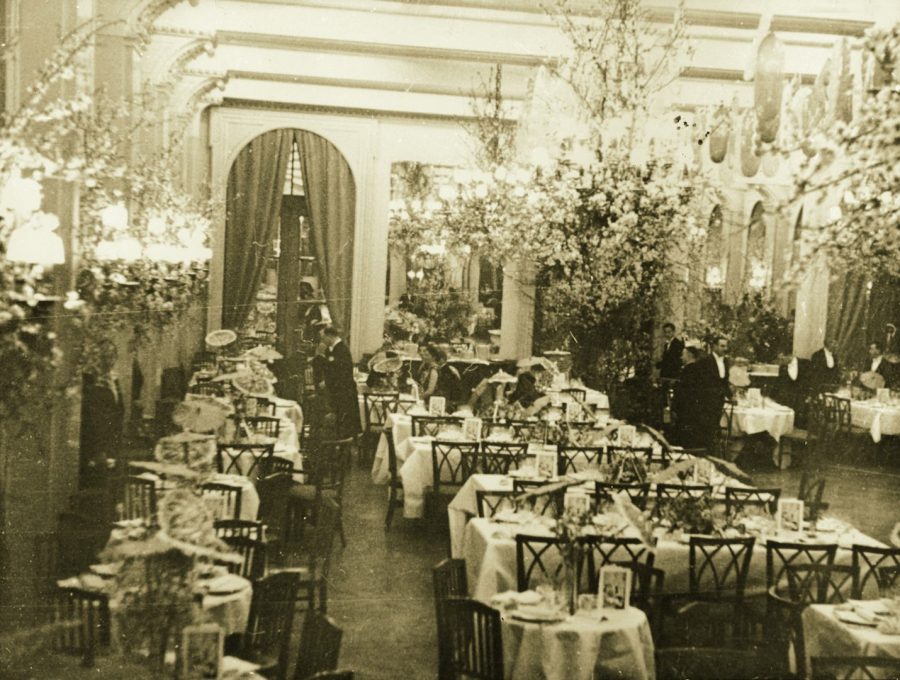 Constructed in 1842, the edifice initially served as the residence of Antonis Dimitriou, a prosperous Greek hailing from Trieste, Italy. Athens, then a fledgling settlement, scarcely garnered recognition as the nascent nation’s capital. From its inception 150 years ago on April 9, 1874, when Savvas Kentros and Efstathios Lampsas signed the founding agreement, the Hotel Grande Bretagne has radiated opulence, earning accolades as the epitome of Athenian grandeur.
Constructed in 1842, the edifice initially served as the residence of Antonis Dimitriou, a prosperous Greek hailing from Trieste, Italy. Athens, then a fledgling settlement, scarcely garnered recognition as the nascent nation’s capital. From its inception 150 years ago on April 9, 1874, when Savvas Kentros and Efstathios Lampsas signed the founding agreement, the Hotel Grande Bretagne has radiated opulence, earning accolades as the epitome of Athenian grandeur.
Under different ownerships and amidst historical upheavals, the hotel has retained its position as a custodian of the nation’s heritage.
Fast forward to 1874, where Stathis Lampsas, a Russian-born scion of Greek descent tracing his lineage to Kalavrita, and erstwhile culinary artisan for the monarchy, forged an alliance with Savas Kendros, proprietor of the Grande Bretagne hotel situated at the intersection of Karageorgi Servias and Stadiou, a stone’s throw from the Dimitriou estate. Armed with an 800,000 drachma loan, they procured and meticulously refurbished the Dimitriou mansion, christening it the Grande Bretagne.
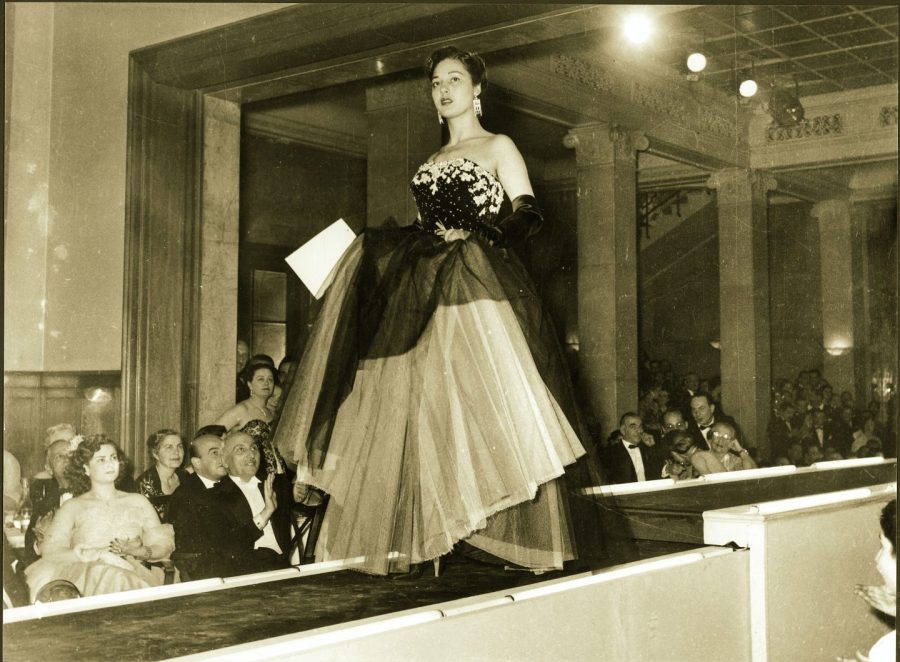 Despite its modest origins, the Grande Bretagne exuded opulence in a milieu where urban amenities remained scarce; a town where poultry roamed freely and water shortages were endemic. Initially boasting a mere two lavatories to serve an occupancy of eighty, the hotel nevertheless epitomized luxury, rivaling its European counterparts with an array of lavish amenities.
Despite its modest origins, the Grande Bretagne exuded opulence in a milieu where urban amenities remained scarce; a town where poultry roamed freely and water shortages were endemic. Initially boasting a mere two lavatories to serve an occupancy of eighty, the hotel nevertheless epitomized luxury, rivaling its European counterparts with an array of lavish amenities.
Following the passing of Savvas Kendros in 1888, Stathis Lampsas ushered in a new era of modernity at the Grande Bretagne by introducing electricity, coinciding with Athens’ inaugural installation of a power generator. This technological leap mirrored the city’s own trajectory towards modernization, propelling the hotel into an era of heightened luxury and sophistication.
As the Grande Bretagne evolved, it emerged as a nexus of intrigue, attracting international spies who clandestinely exchanged intelligence, while serving as a hub for diplomatic negotiations, undercover rendezvous, and strategic alliances. Its grand ballroom became the epicenter of ceremonial affairs and societal gatherings, solidifying its status as a bastion of prestige and influence.
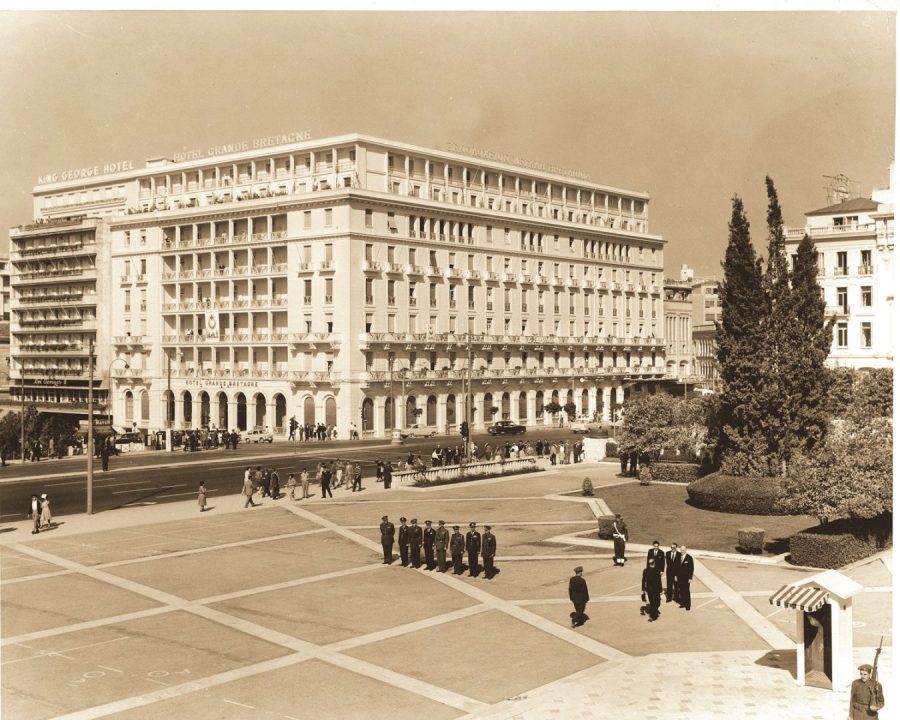 With the dawn of the Hellenic Republic in 1924, the Grande Bretagne assumed an even greater role as a pivotal forum for the confluence of Greek and foreign dignitaries, shaping the political, economic, and social landscape of the nation. The addition of a new wing on Panepistimiou Street in 1930 further bolstered the hotel’s allure, providing lavish accommodations for heads of state, luminaries, and cultural delegations, cementing its reputation as the premier destination for elite gatherings in Athens.
With the dawn of the Hellenic Republic in 1924, the Grande Bretagne assumed an even greater role as a pivotal forum for the confluence of Greek and foreign dignitaries, shaping the political, economic, and social landscape of the nation. The addition of a new wing on Panepistimiou Street in 1930 further bolstered the hotel’s allure, providing lavish accommodations for heads of state, luminaries, and cultural delegations, cementing its reputation as the premier destination for elite gatherings in Athens.
Amidst the tumult of World War II, the Grande Bretagne found itself requisitioned by the General Staff, prompting the evacuation of all guests. However, with the fall of Athens to the Nazis in April 1941, the hotel underwent a stark transformation into the nerve center of the Third Reich, teeming with high-ranking officers.
For three harrowing years, the hotel played host to the Nazi regime, welcoming regular visits from notorious figures such as Goering and Himmler, with even Rommel and Hitler gracing its halls on the eve of the Soviet incursion in 1941.
Following the departure of the German occupiers, the Grande Bretagne assumed a new role as the headquarters of the British Expeditionary Force in the autumn of 1944. Yet, peace remained elusive as civil strife erupted between the Greek army and communist insurgents, who controlled much of Athens save for the fortified confines of the hotel.
Against this backdrop of turmoil, the Grande Bretagne became a pivotal arena for diplomatic negotiations, hosting pivotal conferences between George Papandreou’s government and British envoys led by luminaries such as Harold Macmillan, Winston Churchill, and Anthony Eden. Transformed into a veritable fortress, the hotel bristled with defensive measures, including machine gun emplacements at strategic vantage points.
 The cessation of hostilities in 1949 heralded a new chapter for the Grande Bretagne, marked by expansion and renewal. In 1956, the addition of four additional stories underscored its enduring resilience amidst shifting political tides. Subsequent decades witnessed a procession of demonstrations, electoral rallies, and military parades, including the tumultuous events surrounding the military coup of April 1967, when tanks encircled the parliament building. Through it all, the Grande Bretagne stood as a steadfast witness to Greece’s tumultuous history, embodying resilience in the face of adversity.
The cessation of hostilities in 1949 heralded a new chapter for the Grande Bretagne, marked by expansion and renewal. In 1956, the addition of four additional stories underscored its enduring resilience amidst shifting political tides. Subsequent decades witnessed a procession of demonstrations, electoral rallies, and military parades, including the tumultuous events surrounding the military coup of April 1967, when tanks encircled the parliament building. Through it all, the Grande Bretagne stood as a steadfast witness to Greece’s tumultuous history, embodying resilience in the face of adversity.
Following the collapse of the Junta regime in July 1974, the Grande Bretagne emerged as a pivotal locus of political activity, serving as the temporary residence of Constantine Karamanlis during the formation of the new government. For four months, Karamanlis conducted state affairs from his fifth-floor suite, utilizing the hotel’s prestigious ambiance as a backdrop for diplomatic endeavors. Concurrently, Archbishop Makarios delivered a historic address to the Greek populace from a second-floor balcony, marking a poignant moment in the aftermath of his near-assassination and the Turkish incursion into Cyprus.
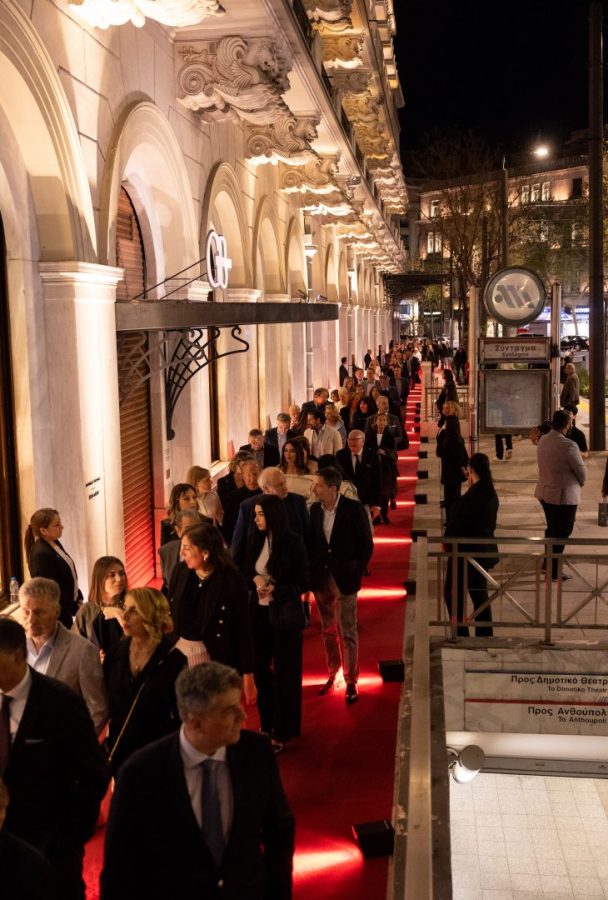 Throughout its storied history, the Grande Bretagne has welcomed an illustrious array of royal dignitaries and heads of state, numbering over forty, reaffirming its status as the preferred destination for international leaders. Upholding its legacy of sophistication and refinement, the hotel continues to set the standard for luxury accommodations, with gourmet cuisine served on fine porcelain and crystal, complemented by nineteenth-century gold silverware.
Throughout its storied history, the Grande Bretagne has welcomed an illustrious array of royal dignitaries and heads of state, numbering over forty, reaffirming its status as the preferred destination for international leaders. Upholding its legacy of sophistication and refinement, the hotel continues to set the standard for luxury accommodations, with gourmet cuisine served on fine porcelain and crystal, complemented by nineteenth-century gold silverware.
In a testament to its enduring appeal, the Grande Bretagne underwent extensive renovations in 2003, preserving its timeless splendor while incorporating modern amenities, solidifying its position as the premier hotel in Athens.
As Tourism Minister Olga Kefalogianni, aptly described, “The Hotel Grande Bretagne is a venerable institution synonymous with refined luxury and unparalleled hospitality, integral to the narrative of Athens and a cornerstone of its identity. Over its 150-year history, the hotel has been a witness to and participant in significant moments of Greek history, embodying an iconic symbol of hospitality in the capital.”


